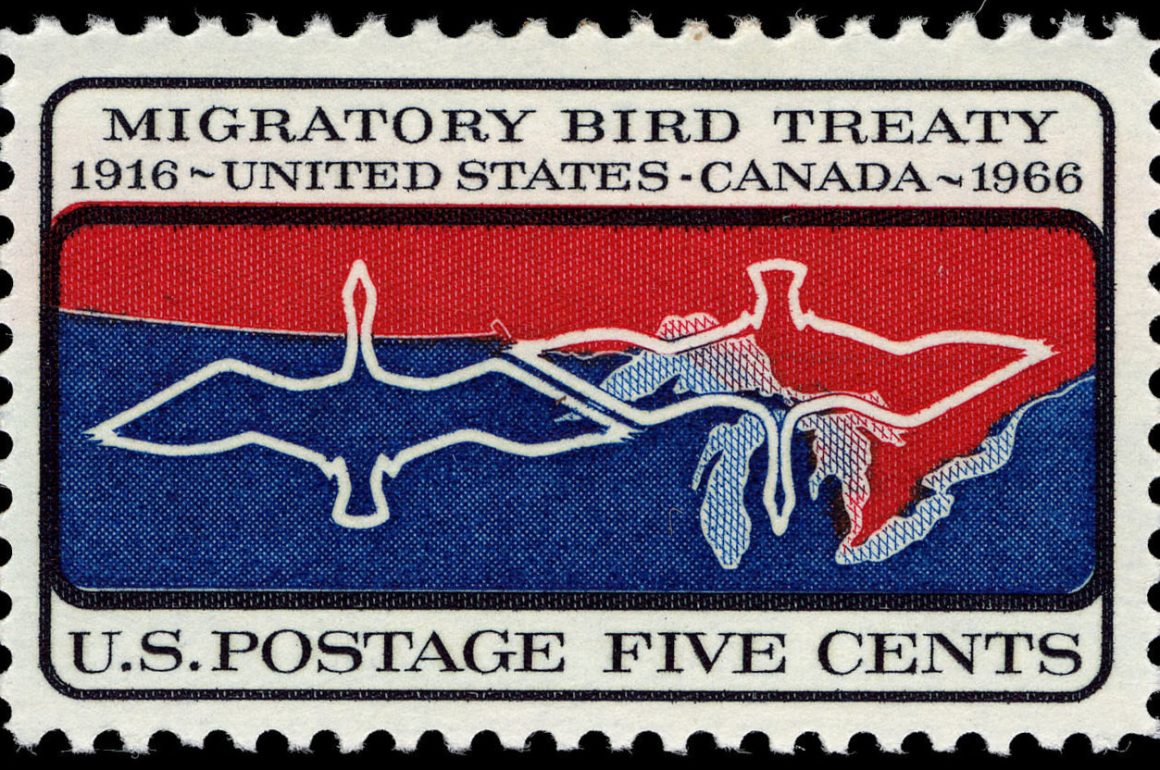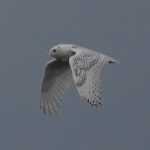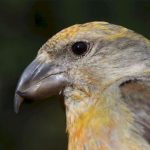
The U.S. Fish and Wildlife Service (FWS) recently finalized a rule regarding its narrowing interpretation of the Migratory Bird Treaty Act (MBTA). However, it is unlikely that this rule will stand long enough for it to be implemented on its effective date of February 8, 2021.
Thus, the Trump Administration’s four-year campaign to undermine the MBTA is almost certainly going to fail.
As explained in an earlier post, the changes revolve around an issue known as “incidental take,” which are actions that harm or kill birds incidental to another lawful activity. For example, a wind turbine is intended to generate power, but in doing so it will likely harm birds, albeit unintentionally.
Although there has been a split in the courts, “incidental take” has generally been considered within the scope of the MBTA, so harming or killing migratory birds has been illegal regardless of intent. This is known as “strict liability.”
Traditionally, FWS would not prosecute companies that consulted with FWS and implemented best practices to avoid harming birds. Rather, FWS would work with entities to establish a conservation plan that included monitoring, mitigation, and an adaptive management process.
From 2010-2018, FWS opened about 60 enforcement actions per year, mostly relating to the electric distribution and transmission (30 actions/year) and oil and gas (15 actions/year) industries. During that time period approximately $105 million in fines and penalties were collected, mostly from the BP Deepwater Horizon oil spill.
The Obama Administration formally adopted the strict liability interpretation in a memo. But after the inauguration, the Trump Administration concluded the opposite, issuing a similar memo finding that the MBTA’s prohibitions on harming birds only apply to actions intended to harm birds. This was widely seen as a favor to the energy industry.
However, a memo does not have the force of law, so FWS proposed a regulation (i.e., a rule) to implement its interpretation of the MBTA. As part of that rule-making process, FWS obtained an environmental impact statement (EIS) and sought public comments. According to FWS’s own analysis in its EIS, the proposed rule would harm both birds and the broader environment. The public comments (more than 8,000 were submitted) were also overwhelmingly opposed to the proposed rule.
The Trump Administration interpretation of the MBTA was also the subject of lawsuits, one by non-profit groups such as National Audubon Society and the American Bird Conservancy, and another by a group of eight states (New York, California, Illinois, Maryland, Massachusetts, New Jersey, New Mexico, and Oregon).
In August 2020, a federal judge in New York held that the Administration’s interpretation of the MBTA was unlawful. The Trump Administration appealed that ruling to the U.S. Court of Appeals for the Second Circuit, but that appeal is unlikely to be maintained by the Biden Administration.
Undeterred by its legal loss, its own analysis of the negative impact on birds, and the overwhelming opposition evidenced by the public comments, FWS persevered and finalized the rule. Much of its justification was defensive and unpersuasive. For example, as to the loss in federal court, FWS stated: “We respectfully disagree with that court’s opinion.”
Nonetheless, because the legal basis for the rule has been declared unlawful and Trump is a one-term president, there is little chance the rule will be enforced. The Biden Administration will freeze all last-minute rules, such as this one, that are not effective before Inauguration Day. That will mean that the new head of FWS could extend the effective date or re-open the notice-and-comment period, which would likely be the death knell for the rule.
Moreover, because Democrats will control both houses of Congress, the new rule could be invalidated under the Congressional Review Act. Or it might be enjoined by a federal court.
Regardless of how and when it occurs, this rule is unlikely to be implemented.
Notably, the relentless work of bird-related non-profits (e.g., National Audubon Society and the American Bird Conservancy) should be appreciated by all birders. For years they have publicized, litigated, and opposed the proposed rule, and those efforts have proven successful.
UPDATE (10/7/21): The Biden Administration reversed the Trump Administration rule, so the Trump Administration effort to change the rules governing incidental take has failed.
* * *
The image at the top (via Wikipedia) is a U.S. stamp issued in 1966 to celebrate the 50th anniversary of the MBTA.













Leave a Comment